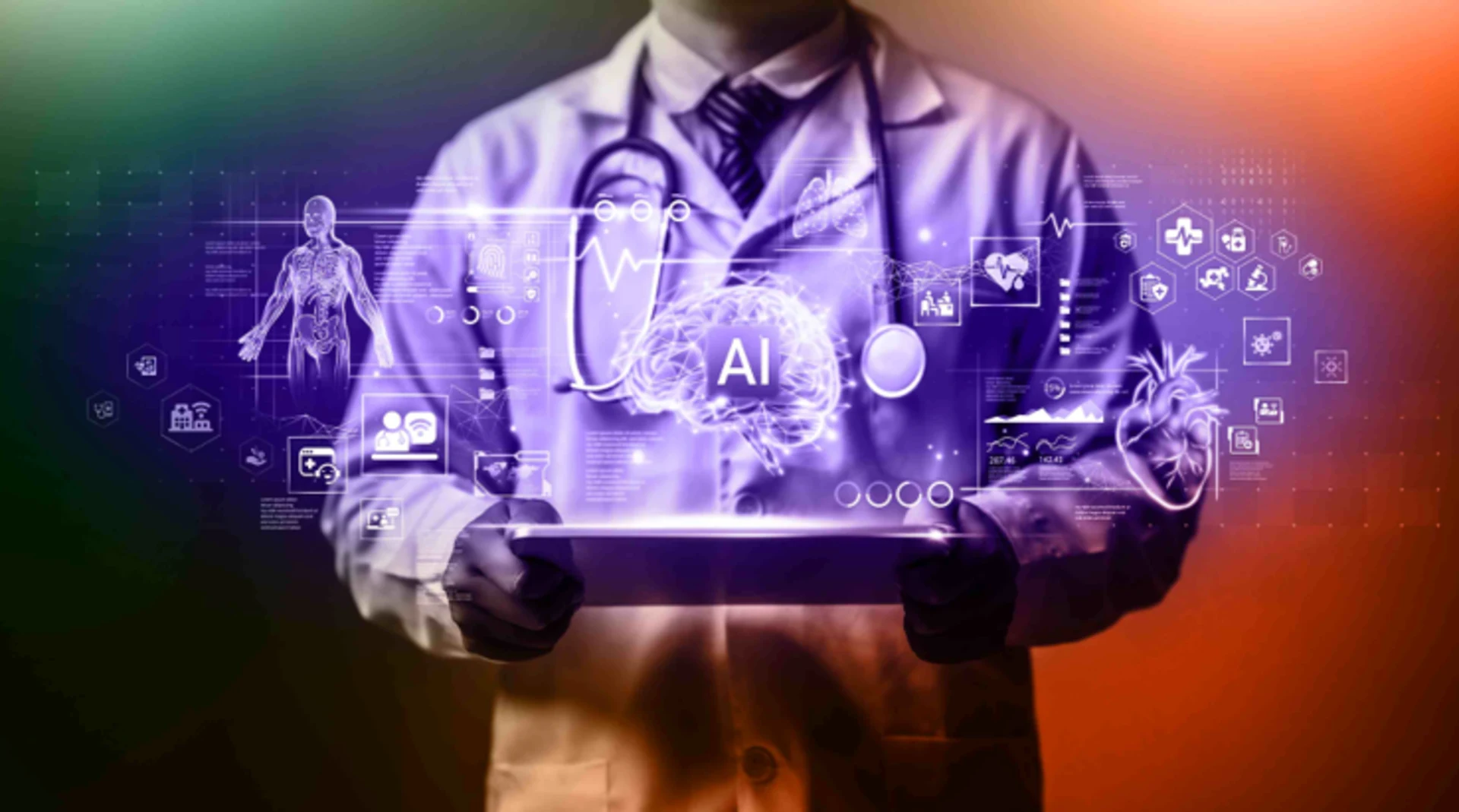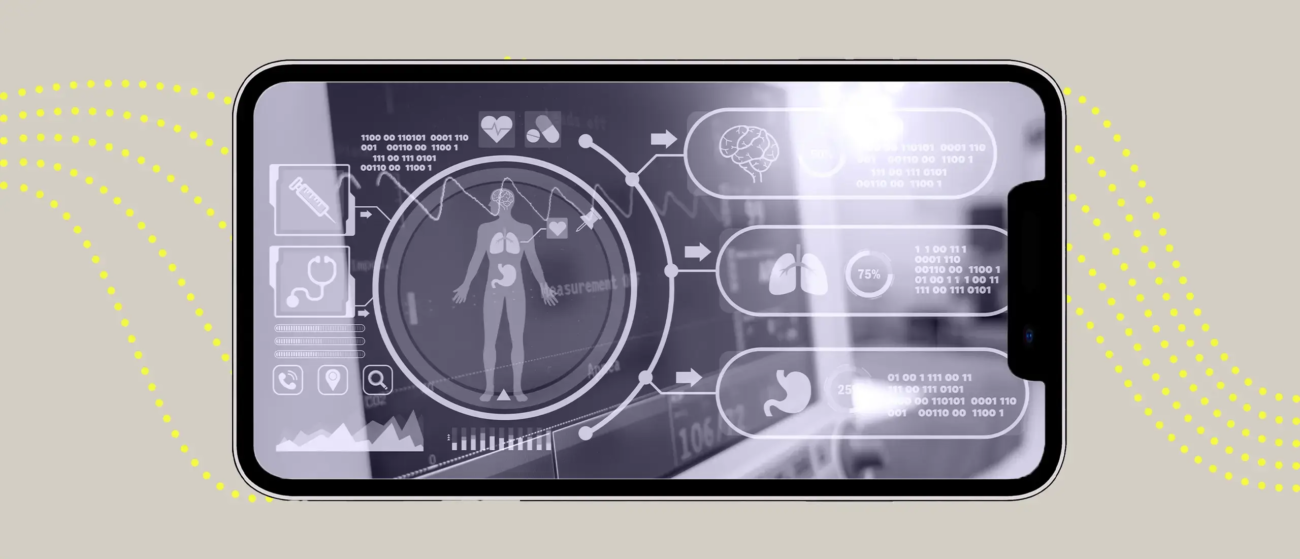In my latest article for the Fast Company Executive Board, I opine about whether AI will be a job creator or job destroyer and whether it will raise or lower wages. I examine previous periods of rapid technological advancement and their impacts on jobs and wages. Bottom line: in every previous iteration of automation due to a new technology, there was net job creation and it led to higher wages. Examples are printing press, automobile, the internet, smart phones, and more. Technology makes workers more productive and that leads to bigger profits and higher wages. I expect the same thing to happen with AI: the jobs rendered obsolete by AI will be replaced by new jobs due to demand for categories of products and services that were not possible before AI. I use the example of iPhone and how it created the new categories of jobs of building mobile apps, providing telehealth using your phone, and many other new things not possible before the mobile revolution.
From the article:
“While it’s impossible to know for sure how AI will impact humanity, a careful analysis of such periods of rapid technological advancements can be quite instructive. In fact, dire predictions about jobs and wages as a consequence of new technologies seem to be quite easy to find in our not-too-distant past. Yet, if we look at employment numbers over time, they have grown significantly. This includes the last few years when AI has started to make its way into most industries. How about wages? Same thing. Average hourly wages have continued to grow through periods when disruptive technologies, such as electricity, the automobile, the internet, and more, rendered millions of jobs obsolete”
“While fast wage growth that results from the scarcity of available workers results in inflation in the economy, higher wages for a more productive workforce are not inflationary. Companies raise prices to maintain their profitability when they have to pay their workers more for the same output. However, if the output and profitability are higher along with the higher wages, they do not need to raise their prices. I expect AI will boost the productivity of most roles in the economy, including in health care, and thus result in higher wages for those roles since their employers will see a boost in their output and bottom line”





